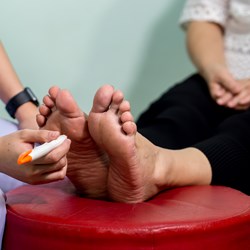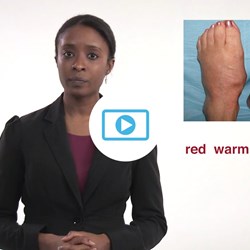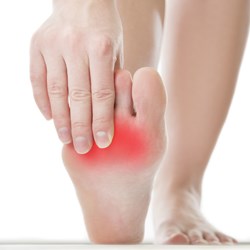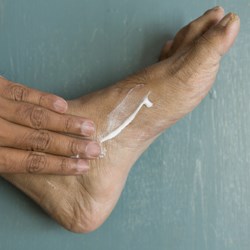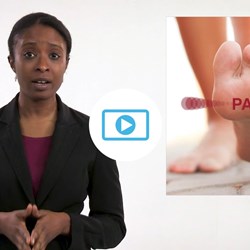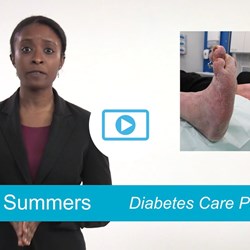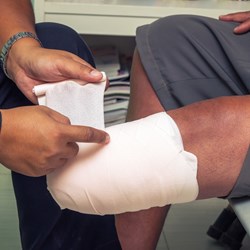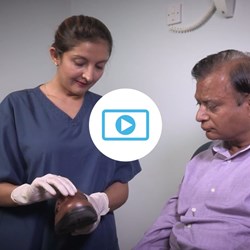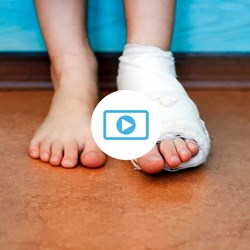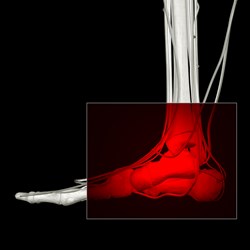Feet
Diabetes puts you at a much higher risk of developing foot problems. Being aware of this will help you look after your feet.
Damage to the nerves can lead to a loss of feeling which means you may not notice an injury or wound to your foot; reduced sweating due to nerve damage can result in hard cracked skin, and foot ulcers can occur. Nerve damage can also, in rare cases, lead to bone and muscle weakness which can change the shape of the foot.
Diabetes can also lead to ‘furring’ up of the arteries, causing reduced blood and oxygen flow to the feet. This can also increase the risk of foot ulcers which means wounds may not heal and can get infected much more easily.
It’s really important to check, wash and moisturise your feet daily, cut or file your toenails regularly; make sure you wear appropriate footwear and treat any minor cuts or blisters immediately. It’s also very important to attend your diabetes foot screening appointment every year. Keeping your blood glucose (sugar) level in the target range will significantly reduce the risk of developing any foot problems.
To find out more about diabetes and feet, register for our Understanding Type 1 online course. There is also a list of additional resources about diabetes and feet below.
Advanced Search
Resource type -
Language -
Type of diabetes -
In this video you will learn about foot risk assessments which you should receive annually, and how you can look after your feet every day.
Does my foot wound need urgent attention?
Having diabetes means you're at much greater risk of developing foot problems. This is because raised blood glucose, also known as blood sugar, can damage the sensation in your feet. It can also affect your circulation, which can lead to you getting less blood supply to your feet.
Some foot care advice to help keep your feet healthy when you have diabetes.
My Feet are painful what should I do?
My foot isn't right - could it be Charcot?
Diabetes UK is putting feet first.
What do I do about my corns or hard skin?
What happens at my footcare check
What if I have a blister or small wound on my foot?
What treatment will I get for a foot attack?
Useful information and advice from the Foot Action Group for patients with Charcot foot.
